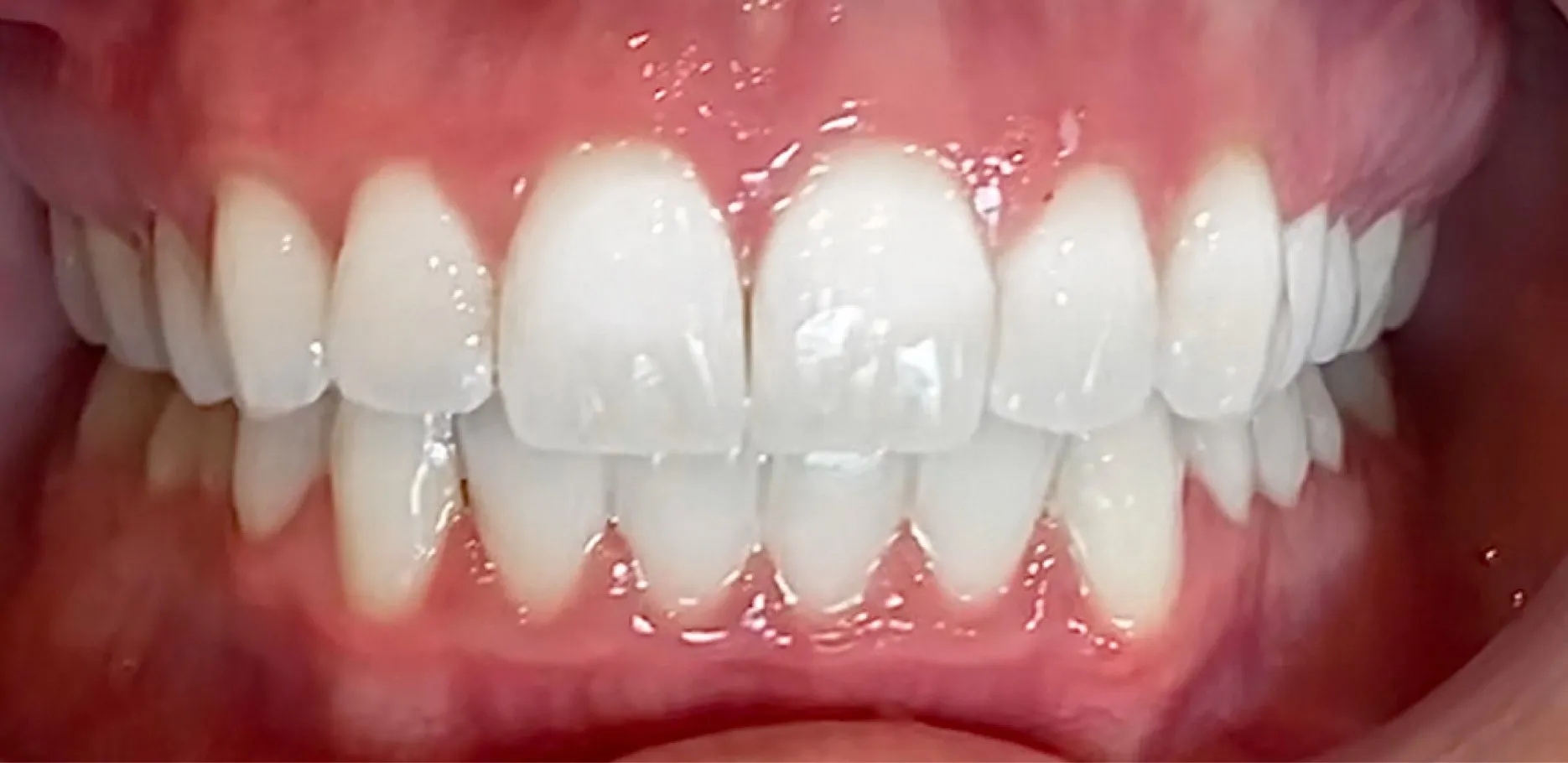Achieving a brighter, whiter smile is a common goal, and teeth whitening treatments offer a popular solution. But if you’re considering teeth whitening, a crucial question arises How long does teeth whitening last? The answer isn’t always straightforward, as several factors influence the longevity of your newly whitened teeth. Understanding these factors and knowing how to maximize your results is key to maintaining that dazzling smile. This article delves into the details, providing you with the essential facts and tips to keep your teeth looking their best for as long as possible.
Understanding Teeth Whitening Duration
The duration that teeth whitening lasts varies significantly based on the type of treatment, your lifestyle, and how well you maintain your oral hygiene. Generally, professional treatments tend to provide longer-lasting results compared to over-the-counter options. However, regardless of the method, teeth whitening is not a permanent solution. Over time, teeth can naturally darken due to staining from food, drinks, and other lifestyle habits. Therefore, understanding the factors that affect the longevity of your whitening treatment is essential for realistic expectations and effective maintenance.
Factors Affecting Teeth Whitening Longevity
Several key elements influence how long your teeth whitening results will last. These include the type of treatment you choose, your dietary habits, your lifestyle choices, and how diligently you maintain your oral hygiene. By understanding these factors, you can take proactive steps to prolong the brightness of your smile and avoid premature discoloration. Each of these elements plays a crucial role in determining the overall duration of your whitening effects.
Type of Whitening Treatment
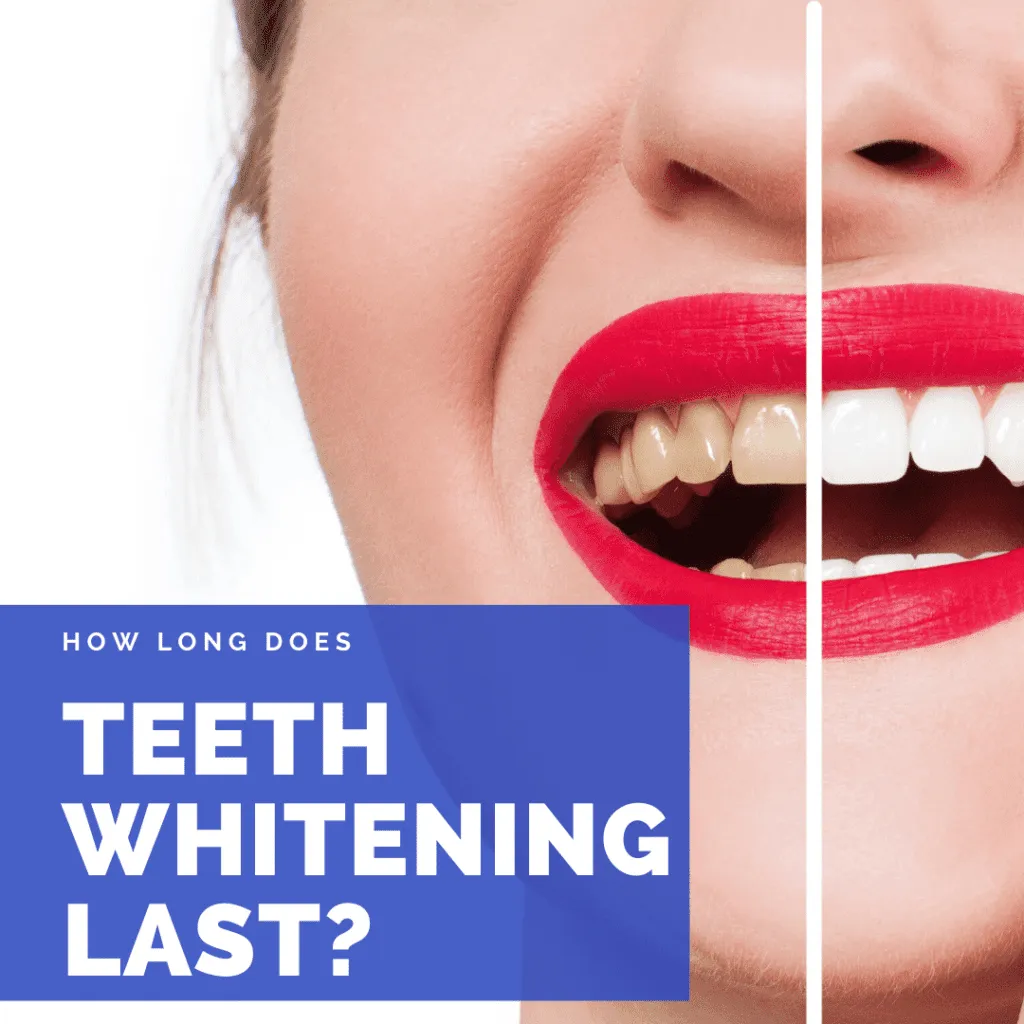
The type of whitening treatment you select significantly impacts how long your results will endure. Professional treatments, such as those performed by a dentist, typically involve stronger bleaching agents and can penetrate deeper into the enamel. This often leads to longer-lasting results. On the other hand, over-the-counter products like whitening strips and toothpastes may offer convenience and lower costs, but they generally provide less dramatic and shorter-lived effects. The choice of treatment type should align with your desired outcome, budget, and commitment to maintenance.
Home Whitening Kits vs. Professional Treatments
Home whitening kits often use lower concentrations of bleaching agents than professional treatments. While they can be effective for mild staining, their effects usually last for a shorter period, typically a few months to a year. Professional treatments, such as in-office whitening or custom-fitted trays provided by a dentist, can last anywhere from one to three years or longer, depending on your habits and maintenance. The advantage of professional treatments lies not only in the strength of the bleaching agents but also in the supervision and guidance provided by a dental professional, ensuring safety and optimal results. A comparison between professional treatment and home kits is shown on image teeth-whitening-results.webp
Lifestyle Choices and Their Impact
Your daily habits significantly influence how long your teeth whitening results last. Lifestyle factors such as diet, smoking habits, and oral hygiene practices directly impact the rate at which your teeth can stain. Making conscious choices and adopting habits that protect your teeth from staining is essential for maximizing the lifespan of your whitening treatment. Being mindful of what you consume and how you care for your teeth is a key element in preserving that bright, white smile you’ve worked to achieve.
Dietary Habits and Staining Foods
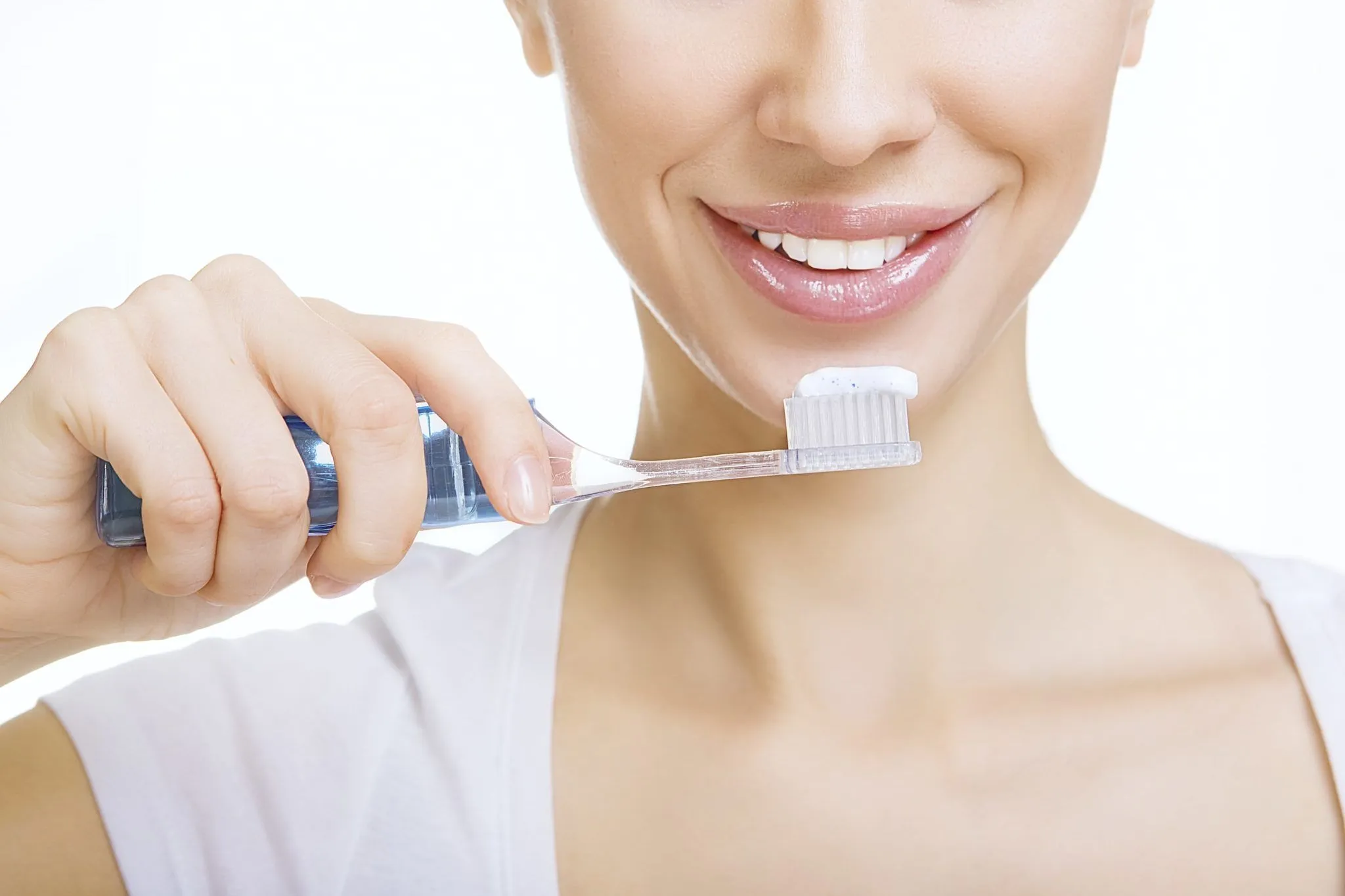
Certain foods and beverages are notorious for staining teeth. Coffee, tea, red wine, dark sodas, and berries (like blueberries and strawberries) are high in chromogens, which are color-producing substances that can stain tooth enamel. Consuming these items frequently can lead to a quicker return of discoloration. Limiting your intake of these items or rinsing your mouth with water immediately after consuming them can help mitigate staining. Brushing your teeth after these drinks is not recommended, because the acid levels are higher, and can damage the enamel. Image staining-foods.webp shows a list of staining foods.
Smoking and Tobacco Use
Smoking and the use of tobacco products are detrimental to the longevity of teeth whitening. Nicotine and tar, present in tobacco, cause significant staining and discoloration of teeth. These substances also accelerate the buildup of plaque and tartar, which can further darken your smile. Quitting smoking is one of the best things you can do to preserve the results of your teeth whitening treatment and improve your overall oral health. This effort will not only extend the lifespan of your whitened teeth but also contribute to a healthier and brighter smile for years to come.
Oral Hygiene Practices
Maintaining excellent oral hygiene is critical for preserving your teeth whitening results. Regular brushing, flossing, and dental check-ups help remove surface stains and plaque buildup, which can darken your teeth over time. A consistent oral hygiene routine not only keeps your teeth white but also promotes overall dental health, preventing issues like cavities and gum disease. Image healthy-smile.webp shows a model with a healthy smile.
Brushing and Flossing Routine
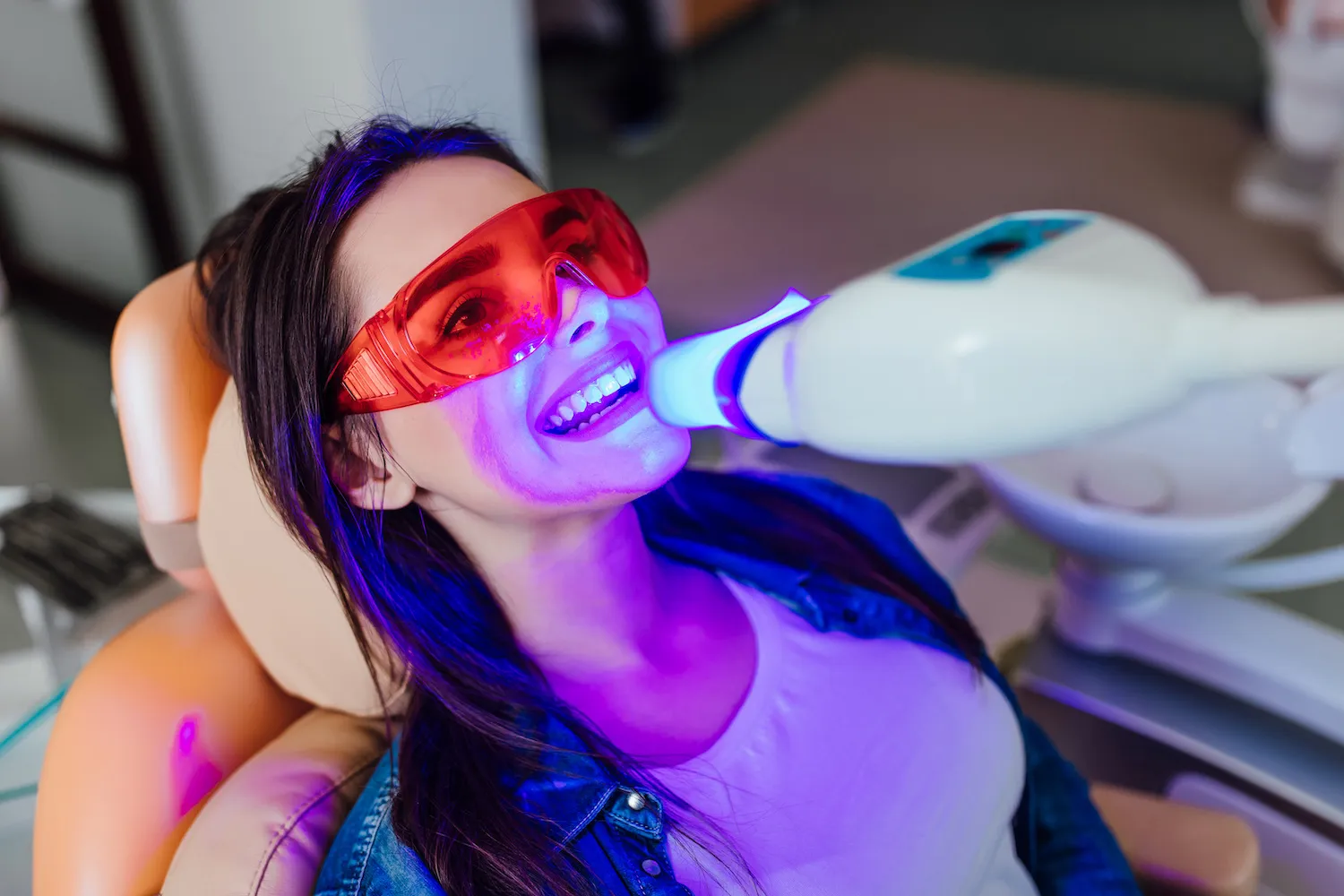
Brushing your teeth at least twice a day with a whitening toothpaste helps remove surface stains and maintain the brightness of your teeth. Flossing daily removes food particles and plaque from between your teeth, where a toothbrush can’t reach, preventing staining and promoting gum health. Proper brushing and flossing techniques are essential; gently brush with a soft-bristled toothbrush and floss carefully to avoid damaging your gums. Consistent and correct oral hygiene habits are a fundamental element in preserving the results of your teeth whitening treatment.
Regular Dental Check-ups
Regular dental check-ups and professional cleanings are crucial for maintaining your white smile. Your dentist can remove plaque and tartar that contribute to staining and can also polish your teeth to remove surface stains. During these visits, your dentist can also monitor your oral health and identify any potential issues early on. Image dental-checkup.webp shows the importance of dental check ups.
Top 5 Facts on Teeth Whitening Duration
Understanding the key aspects of teeth whitening duration can help you manage your expectations and make informed decisions about your treatment and maintenance. Here are five essential facts to keep in mind:
Fact 1 The Average Lifespan

On average, professional teeth whitening can last from one to three years, while home whitening kits may last several months to a year. The actual duration depends heavily on individual factors like diet, oral hygiene, and lifestyle. It’s important to remember that these are estimates, and your results may vary based on your specific habits and the type of treatment received. Professional teeth whitening can be seen in image professional-teeth-whitening.webp
Fact 2 Home vs Professional
Professional treatments generally last longer because they use stronger bleaching agents and can penetrate deeper into the enamel. Home kits are convenient but often offer shorter-term results. The strength of the whitening agent and the expertise of the dental professional both contribute to the longevity of the whitening effect. Choosing the right approach should be based on your desired outcome, budget, and commitment to follow-up care.
Fact 3 The Role of Diet
Your diet significantly impacts the duration of your teeth whitening. Foods and drinks high in staining compounds, such as coffee, tea, red wine, and berries, can accelerate discoloration. Limiting these and practicing good oral hygiene can help maintain your bright smile. Being mindful of your dietary choices is a simple yet effective way to prolong the benefits of your teeth whitening treatment. This is shown on image staining-foods.webp
Fact 4 Maintenance is Key

Regular maintenance is essential to keep your teeth white. This includes consistent brushing and flossing, as well as regular dental check-ups and professional cleanings. Follow-up treatments, such as touch-up whitening, can also help sustain your results over time. Proactive maintenance ensures the longevity of your whitening treatment and supports overall oral health, enabling you to enjoy a consistently bright and healthy smile. Professional maintenance can be seen in image teeth-whitening-maintenance.webp
Fact 5 Individual Variation
The duration of teeth whitening varies from person to person. Factors such as enamel thickness, genetics, and pre-existing dental conditions can influence how long your results last. There is not a one size fits all scenario for teeth whitening treatments. Consulting with your dentist helps you develop a personalized maintenance plan tailored to your unique needs and circumstances. Individual variation is a key concept to understanding teeth whitening.
Extending the Life of Your Whitening
Maximizing the longevity of your teeth whitening results requires a combination of proactive care and informed choices. By adopting effective home care practices and considering professional maintenance options, you can ensure that your bright, white smile endures for as long as possible. This proactive approach not only helps maintain your aesthetic goals but also promotes a healthier mouth. Image bright-smile.webp shows how your smile will look when you extend the life of your whitening.
Home Care Tips for a Brighter Smile
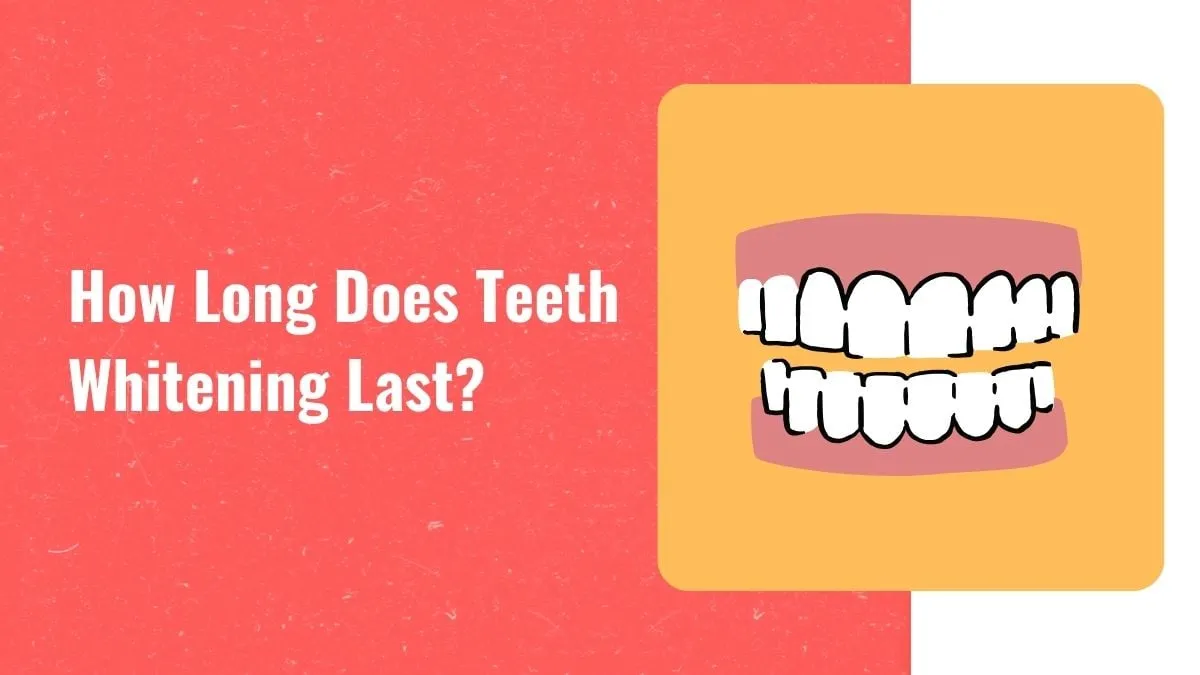
Adopting consistent and proper home care habits is essential for maintaining the results of your teeth whitening treatment. Brush your teeth with a whitening toothpaste twice a day, floss daily, and rinse your mouth with water after consuming staining foods and beverages. Consider using a straw when drinking dark-colored beverages to minimize contact with your teeth. By incorporating these simple practices into your daily routine, you can significantly extend the life of your whitened teeth.
Professional Maintenance Options
Regular visits to your dentist are crucial for maintaining your bright smile. Your dentist can perform professional cleanings to remove surface stains and plaque, and they can also offer touch-up whitening treatments. These professional options help keep your teeth white and also monitor your overall oral health. Discuss maintenance plans with your dentist to determine the most suitable options for your specific needs. Regularly seeing a dental professional will maximize the lifespan of your whitening treatments.
In conclusion, understanding how long teeth whitening lasts involves recognizing the factors that influence its duration and committing to effective maintenance strategies. By choosing the right treatment, adopting healthy lifestyle habits, and practicing excellent oral hygiene, you can enjoy a brighter, whiter smile for an extended period. Remember that regular check-ups and professional cleanings are vital to ensure your results last and your oral health remains optimal.
